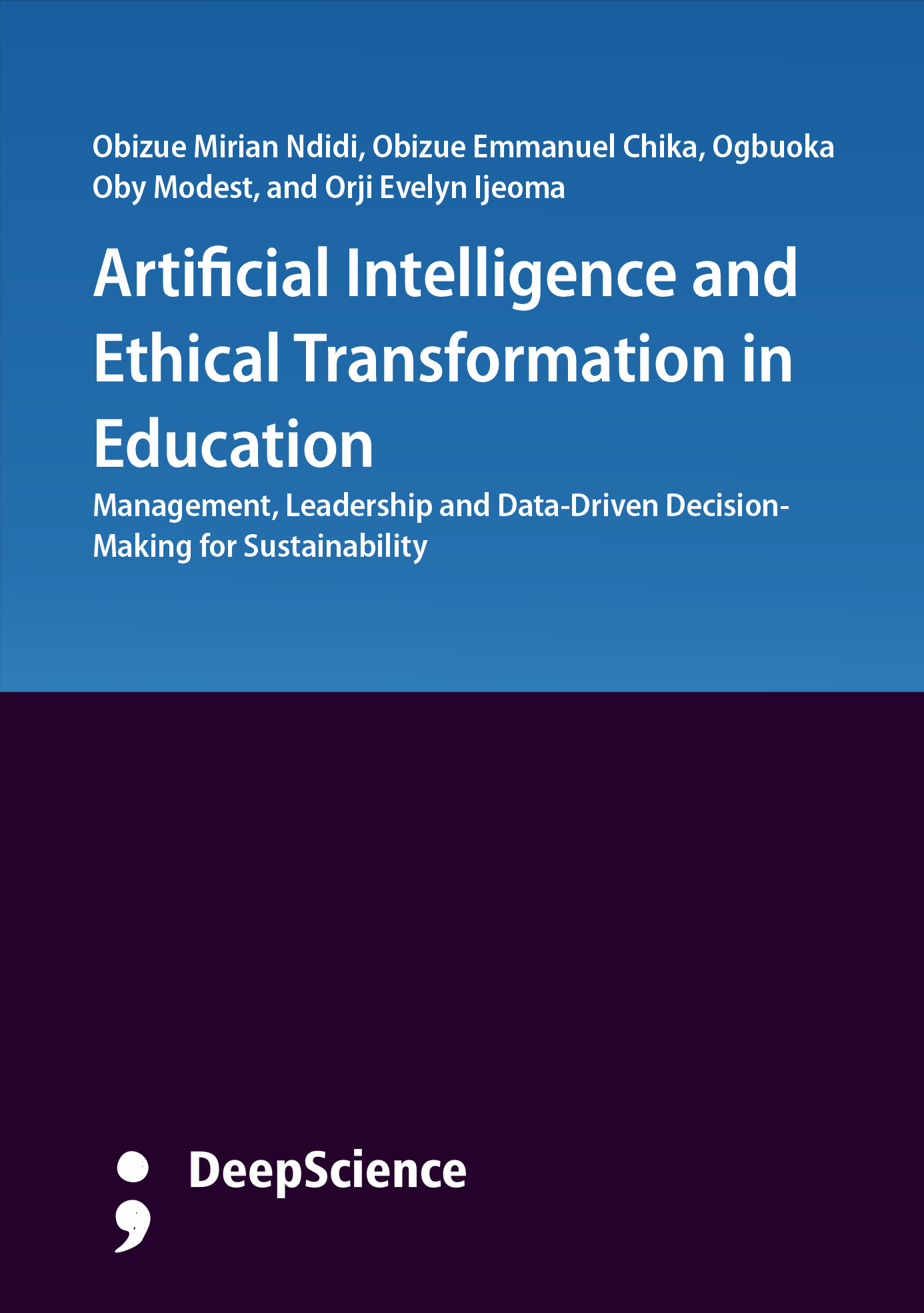The Impact of Artificial Intelligence on Bank Management for Sustainable Economic Growth in Nigeria
Synopsis
Nigerian Banks are transforming how they manage risk, service customers, grant credit, and protect their systems through artificial intelligence (AI), which can have a significant impact on both the inclusive and sustainable growth of Nigeria’s economy. Drawing on recent policy instruments (CBN’s Open Banking Guidelines 2023; CBN’s Risk-Based Cybersecurity Framework 2024), national strategy efforts (Nigeria’s Draft National AI Strategy 2024), and market evidence (AI chatbots in leading Nigerian banks; emerging fraud analytics), this paper synthesizes current adoption pathways, benefits, and risks. We argue that AI’s biggest growth lever in Nigeria lies in better credit intermediation for MSMEs, improved fraud/AML controls, and always-on digital service channels that expand usage provided data governance (NDPA 2023), cyber resilience, and talent pipelines keep pace. We propose a pragmatic management and policy roadmap for banks and regulators to convert AI capability into measurable inclusion, productivity, and stability outcomes. (CBN, 2023; CBN, 2024; NITDA, 2024; KPMG, 2023; World Bank, 2021; PwC, 2025).













